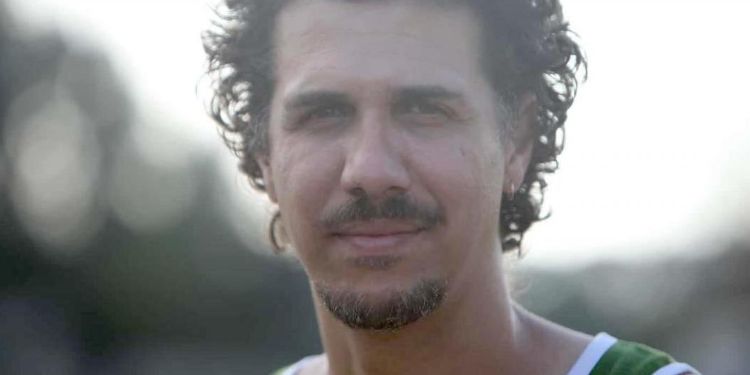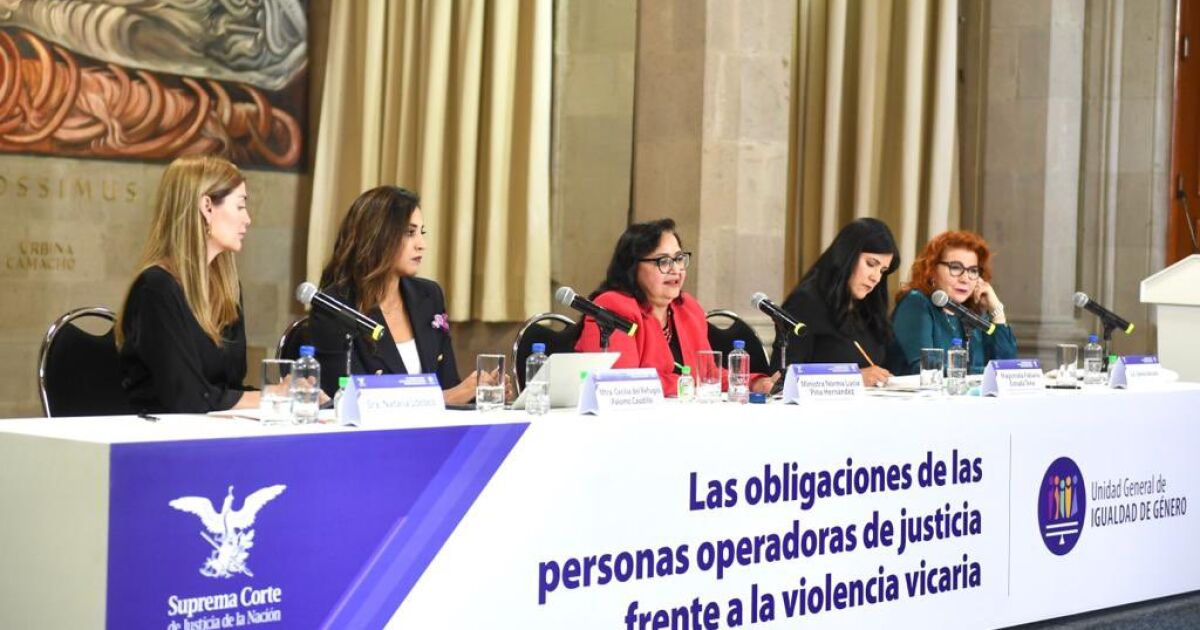MIAMI, United States. – The Cuban musician Roberto Carcasses He denied that he or his father, Bobby Carcassés, had signed a recent letter from the National Union of Artists and Writers of Cuba (UNEAC) denying the regime’s repression on the island.
“Neither I nor my dad have signed that letter,” responded bluntly on Facebook.
Recently, official Cuban media published a letter titled “Message from Cuban educators, journalists, writers, artists and scientists to their colleagues from other countries”which has been seen as an attempt by the island’s authorities to show an image of unity after the popular protests in the country.
In the list of signatories of that document – which maintains that “repression only exists in messages that incite violence and support the blockade” – the name of Bobby Carcassés appears at number 48.

After the publication of the official statement, more than a hundred Cuban artists, intellectuals, and activists rejected the pronouncements of the officialdom.
The answer, published on the digital portal The touchhighlights that “Cuba is a country involved in a multiple crisis, aggravated by natural events and external sanctions, but fundamentally caused by the exhaustion of the prevailing economic and political model.”
The text reminds those who signed the official statement that it summarized the context that the Island is going through today, marked by human rights violations, by the increase in political prisoners and by an unprecedented mass exodus.
The text also questions that officials, artists and academics speak out in favor of state policies that directly affect the island’s population.
“Against that population —its urgencies and needs— officials, artists and academics speak out today. They do it with an elitist language, which prioritizes a state agenda over the demands of ordinary people. In a document that denies the humanist values of national history and culture. An intellectually mediocre text, politically reactionary and socially insensitive. Writers who were repressed justify the repression. Historians and jurists disguise the power of the bureaucracy and abandon the real people. Researchers who focus their books and articles on the analysis of popular subjects, racial dynamics or social exclusion, today criminalize the demands and rights of social groups that yesterday they exposed in congresses and academic spaces, either in the country or in the world. Foreign”.
The response of those who oppose the regime also warns that those who signed the official declaration “have chosen to support the repression exerted against their people.”
Receive information from CubaNet on your cell phone through WhatsApp. Send us a message with the word “CUBA” on the phone +525545038831, You can also subscribe to our electronic newsletter by giving click here.



![[Video] To the surprise of many, in Leandro Díaz's novel there was a gay scene](https://latin-american.news/wp-content/uploads/2022/10/Video-To-the-surprise-of-many-in-Leandro-Diazs-novel.jpg)


